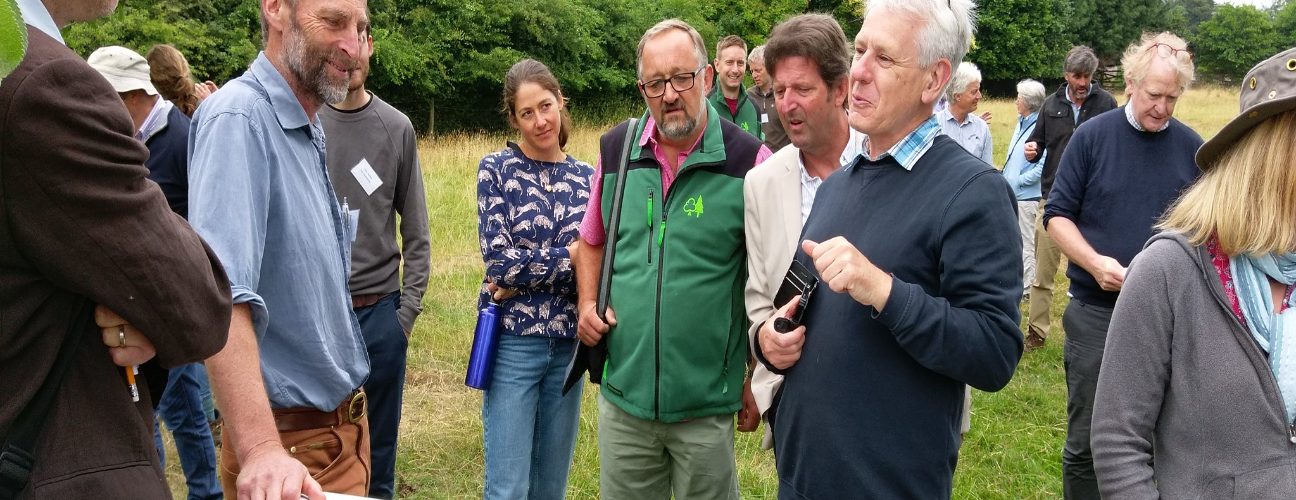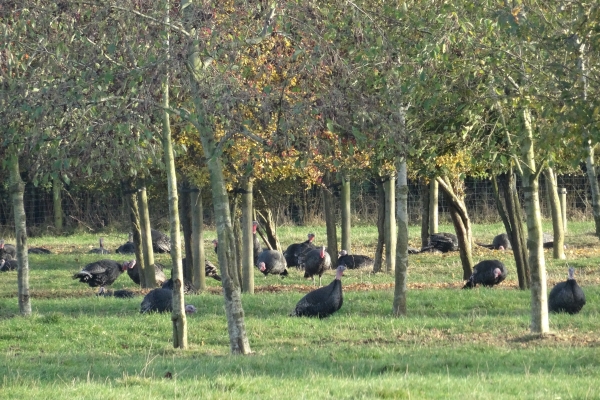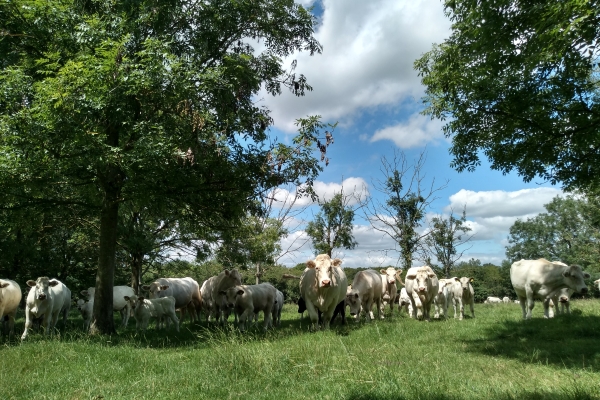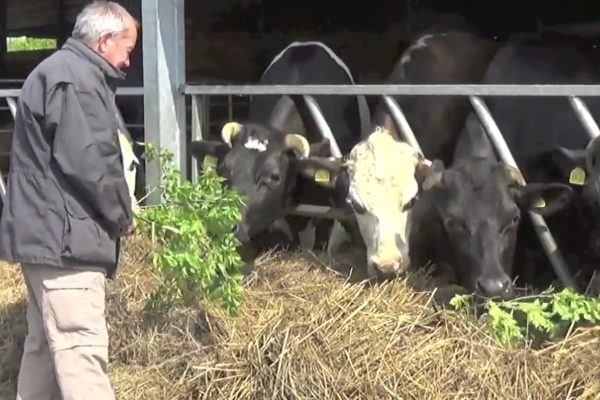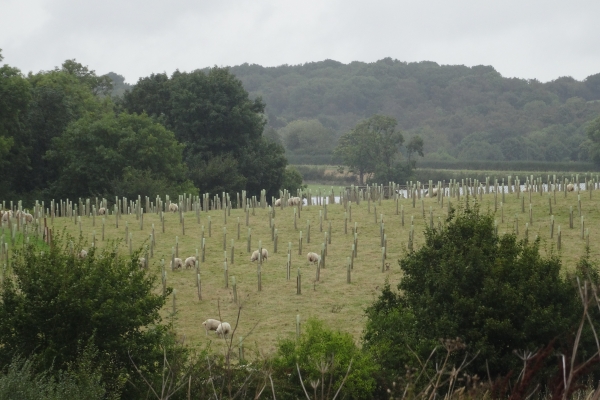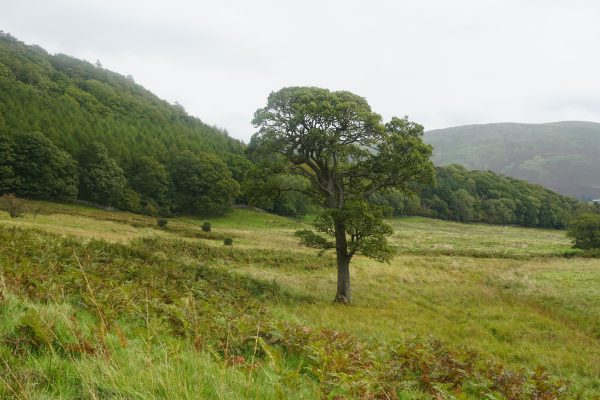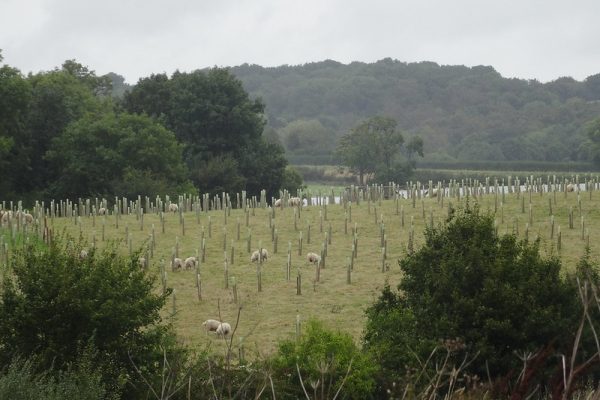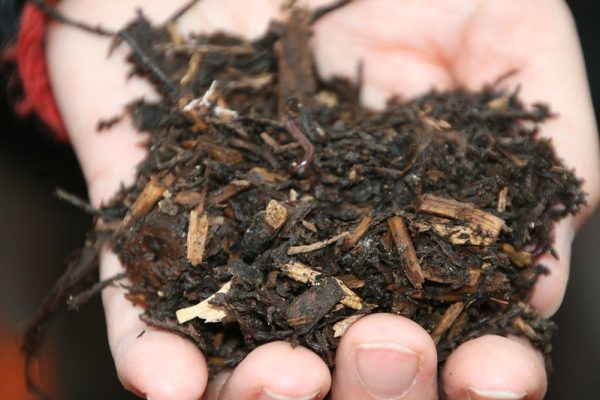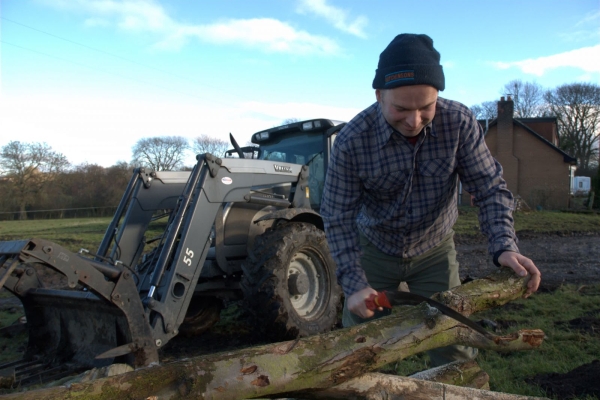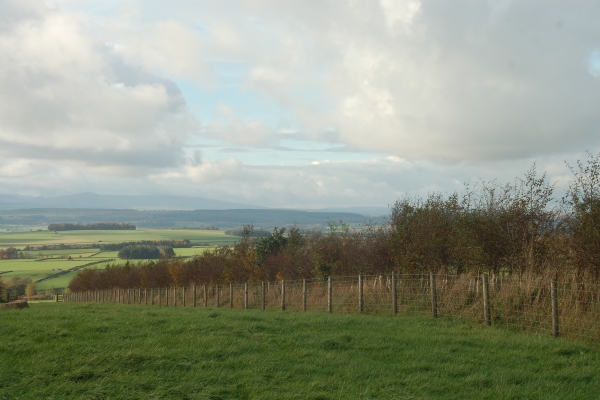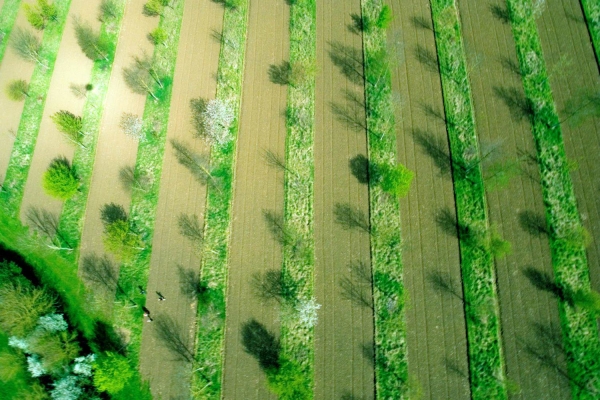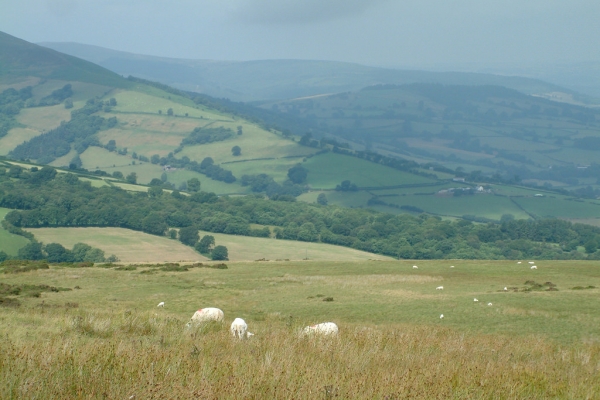Come along to the primary UK agroforestry event for 2024!
Agroforestry in the UK is a rapidly growing sector and the only place to meet the experts, hear groundbreaking research, and visit established sites is the Farm Woodland Forum Annual Meeting.
The Farm Woodland Forum (FWF) formed in the 1980s, with the first annual meeting held at the University of Edinburgh in 1987. From the get-go, the FWF was at the forefront of agroforestry research in the UK, with the establishment of the Silvopastoral National Network Experiment, a series of 6 trials across the UK.
Following the success of these trials another network was set up in 1992, the National Silvoarable Network, in which poplar was grown alongside a standard arable rotation at 3 sites. As these sites developed the FWF Annual Meeting became a key opportunity to share the latest results from these experiments, as well as providing a space to discuss and influence policy, notably with the 1998 annual meeting, hosted at Bangor University, featuring the Welsh Office Minister for Agriculture and senior staff at the Forestry Commission.
Since the first meeting in 1987, the FWF has continued to meet annually with this year being the 38th meeting. A wide range of sites have hosted the meeting. Aside from the myriad of academic institutions, meetings have been held at Government institutions (Teagasc Kingsealy Research Centre, 2010), NGOs (Northmoor Trust, 2006), and even a castle! (Castle Menzies, 2008). To provide a greater sense of unity across the 4 nations, recent annual meetings have rotated between England, Scotland, Wales, and Ireland which allows for a regular focus and update on each nation’s agroforestry status, key in these rapidly developing policy landscapes.
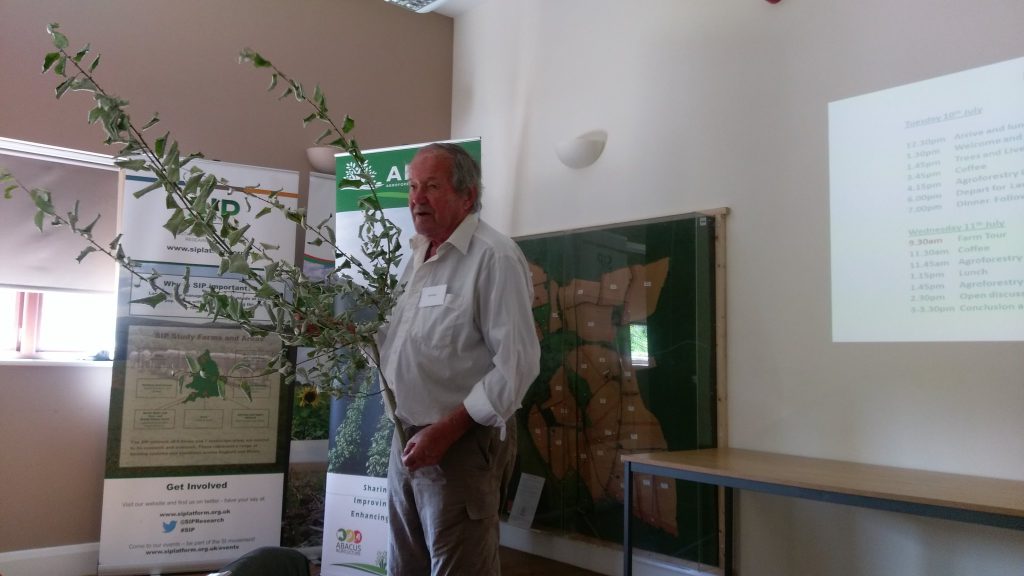
Another recent addition to the annual meetings is the use of themes, giving each year a distinct feel in topics discussed and work presented. Previous years have focused on upland farming (2004), historical precedence (2008), and wood products (2015) to name a few. The first day of the annual meeting is normally devoted to covering these topics and other presentations and posters of the latest agroforestry research. Following this, the second day provides the opportunity to visit local agroforestry sites. Previous visits include, predictably, old sites from the Silvopastoral National Network Experiment (2016 & 2012), the National Forest (2009), and an abundance of individual pioneering farms such as Wakelyns and Whitehall Farm (2011).
For 2024 the FWF annual meeting is being hosted by Paul Burgess and Cranfield University (19th-20th June). The theme of the meeting is ‘Agroforestry for food, net zero, and biodiversity’ which promises to encompass a wide range of topics for the presentation and posters. The morning of the second day will see a visit to a local tree planting initiative with the afternoon being spent at the RSPB’s Hope Farm.
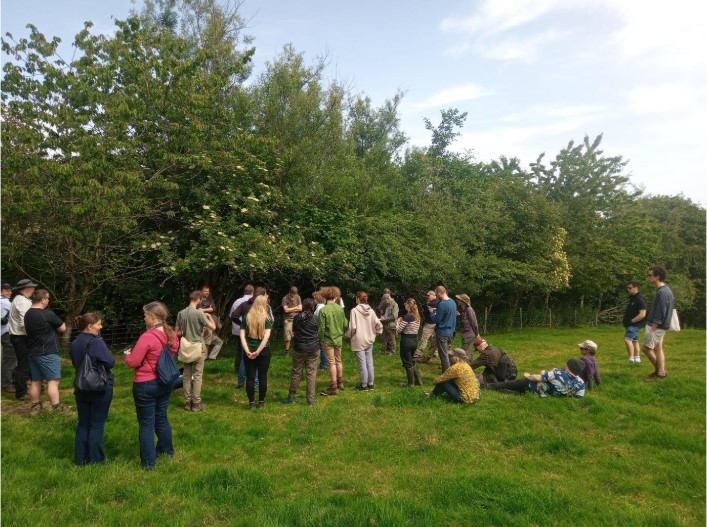
Despite all this talk of presentation and and posters sounding very academic, the meeting is far from a scientific conference and is open to everyone and anyone who has an interest in agroforestry in the UK. The membership of the FWF is incredibly diverse; from farmers and foresters to NGOs, policy makers, educators, students, and so many more… allowing the annual meeting to explore a bountiful mixture of views and opinions.
(Left shows a 2022 farm visit as part of the FWF annual meeting. Members of the FWF eagerly listen in as the farmer describes experiences at this farm in North Wales)
Piqued your interest? Further details about this year’s meeting can be found on the Cranfield website, while future and past meetings are detailed on the Farm Woodland Forum website.
Header image shows Chris Stoate (holding the information board) answering questions from the touring FWF members at The GWCT Allerton Project, Leicestershire, from the 2018 FWF.
All photos courtesy of Jo Smith, FWF. All Rights Reserved
